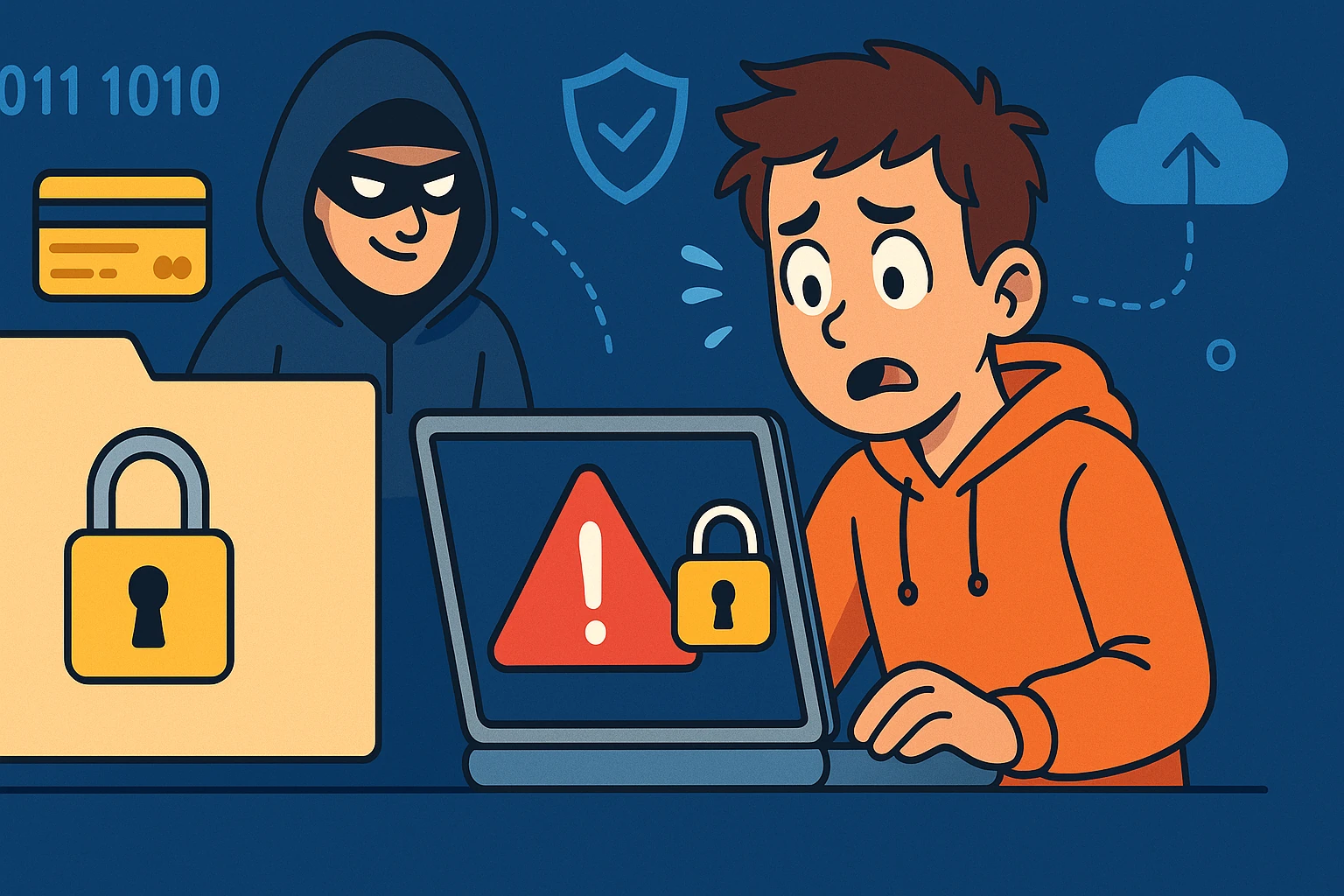The Chinese hacker group turning every vulnerability into an attack opportunity
In the vast ecosystem of advanced cyber threats, APT41 stands out not only for its longevity but also for its unique ability to blend state-sponsored espionage with profit-driven cybercrime. Known by names such as Wicked Panda, Earth Baku, or Bronze Atlas, this fluid entity represents a new type of threat: hybrid groups, backed by governments but operating like cyber gangs.
Two faces: intelligence and income
APT41 isn’t just a branch of Chinese cyber intelligence—it’s a revenue engine. Agile in both state and criminal cyber spheres, they’ve hit healthcare systems, tech firms, manufacturing industries, and even educational infrastructure. Not for ideology. For gain.
Malware with intent: KeyPlug, ShadowPad, TOUGHPROGRESS
Their toolkit is among the most refined:
- KeyPlug, a cross-platform modular backdoor with customizable C2 channels.
- ShadowPad, the customizable RAT and spiritual successor to PlugX.
- TOUGHPROGRESS, malware that hides commands in Google Calendar events, making data exfiltration invisible.
Free hosting, cloud, and forums: infrastructure everywhere
APT41 knows how to weaponize legitimate online services:
- Cloudflare Workers mask C2 servers.
- Data exfiltration flows through Google Drive.
- Dead drop resolvers post hidden C2 addresses on public tech forums.
Surgical strikes, rapid exploits
The group reacts at lightning speed to newly published vulnerabilities. With Log4Shell, they were active mere hours after the CVE advisory. They’ve also crafted bespoke exploits for niche software, showing military-grade R&D capacity.
Global targets: healthcare, education, industry, logistics
Earth Baku, one of APT41’s cells, brought operations to Europe and the Middle East. Italy has been among the targets. Their scope is broad: no longer just defense and energy, but also universities, hotels, clinics, and factories.
Defense is possible—but method is key
Fighting APT41 requires more than firewalls or antivirus. You need:
- Behavioral analytics, as their malware blends in too well.
- Rapid patching, because every day of delay is dangerous.
- Zero trust architectures, to isolate lateral movements.
- Hardened devices, since they love hitting forgotten network gear.
The future: more AI, less attribution
APT41 is preparing to use artificial intelligence to fool ML-based defense systems. They’re also refining methods to avoid attribution. You may not even know you’re being attacked.
Cybersecurity is no longer just technical—it’s geopolitical. And groups like APT41 remind us that every click is a potential breach, every unpatched system a welcome mat.
Sign up for the newsletter. Stay updated!
We will send you periodical important communications and news about the digital world. You can unsubscribe at any time by clicking the appropriate link at the bottom of the newsletter.


Leave a Reply